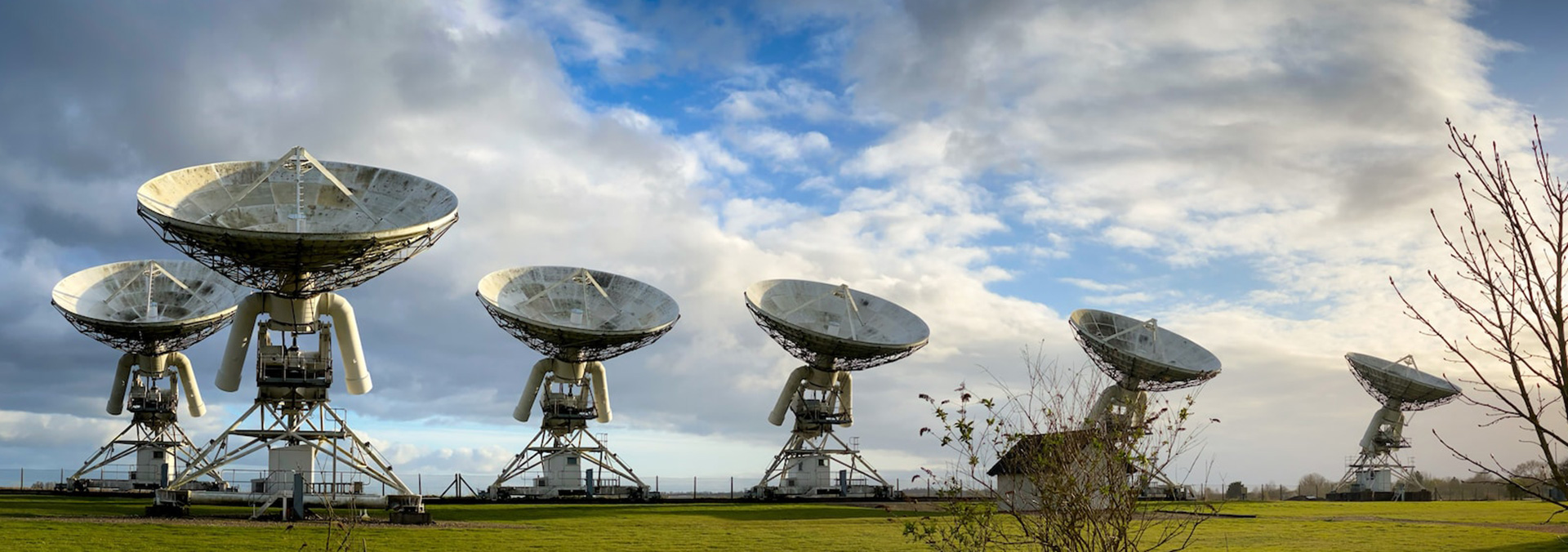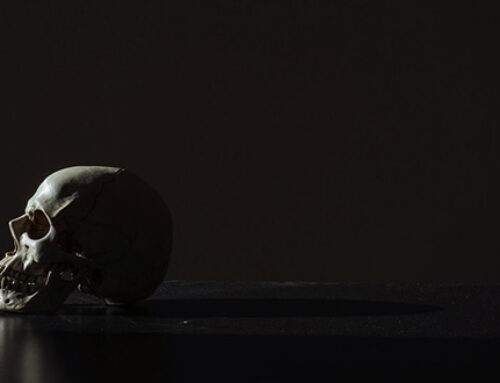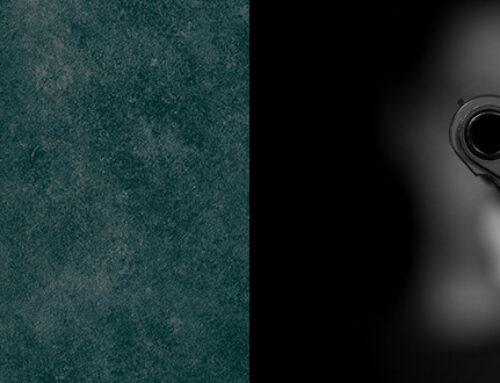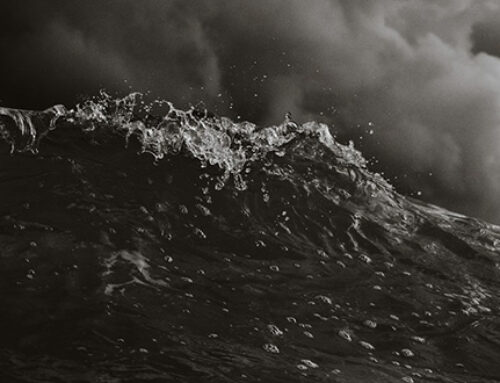I am a scientist and a Christian.
I believe in applying scientific methodology to research and medicine. I conducted time–temperature experiments with my system of coolers, ice packs, and medication before my trip to Europe. I critique journal articles before I apply their findings in clinical practice.
But I also believe in an omnipotent, omniscient, and loving God and I find my greatest joy and contentment in his creation. I happily disappear on solo hikes and spend time talking to and seeking him. And he has been my rock through a number of trials over the last decade.
I don’t struggle with the combination.
In fact, the more I learn about biology, physics, chemistry, and the natural world, the more convinced I am that this immense, fine-tuned ecosystem we are a part of did not come about by chance. The clotting cascade of mammalian blood, alone, is astoundingly complex but elegant at the same time. And that’s just a tiny part of physiology!
That said, Don Deal’s symposium on “What Science Can’t See” was thought-provoking because it caused me to stop and consider the differences between scientific methodology and my faith. He reminded us what science really is and pointed out a number of its shortfalls.
The Oxford Dictionary (Online) defines science as:
The systematic study of the structure and behavior of the physical and natural world through observation, experimentation, and the testing of theories against the evidence obtained.
While it is a useful way to study and understand—even manipulate, at times—the world around us, there are aspects of the human experience that science cannot explain:
- Love
- Moral values
- Justice
- Beauty
- The self/the soul.
After watching this symposium, I went hiking in the mountains of Austria’s Tyrol region and contemplated these concepts. What played through my mind in addition to Don’s list were all the really good things in life. I don’t mean the feel-good things that provide instant gratification, like chocolate, pleasure, and a raise; I mean the things that are good—things that awaken and feed our souls:
- Your smile when your phone rings and you see it’s an old friend calling.
- A child falling asleep in your arms.
- The joyful freedom of expression when you’re dancing as though no one is watching.
- That feeling of contentment when spending time surrounded by nature, far away from the bustle of the city.
- The desire to do something really good or helpful for another person.
- The overtones of a well-trained choir in an old cathedral.
- The way a scent can trigger childhood memories you weren’t even aware you had stored away.
- Intense emotion that makes your soul ache, whether it be with love or thankfulness or grief.
- Wonder and awe when discovering something new or witnessing the beauty of a breathtaking landscape.
Scientific study may be able to explain part of the “what” or “how” of these scenarios—the underlying physiology or physics, perhaps. But our faith explains the “why.” You may think I’m oversimplifying the “issue,” but we human beings seek an answer to the question: “Why?” And it’s a question science will never be able to answer.
A quote from a medical TV series called “Code Black” came to mind while writing this piece. In one episode, the team treats a magician and one of his lines when asked to explain a trick has stuck with me: “Proof is easy. Faith is hard [expletive] work.”
I’m really thankful that faith isn’t hard work for me (although walking in faith can be). I love that learning something new about biology or meteorology or neuroscience makes me praise God even more. You may feel the same way, or you may be a skeptic.
If a skeptic, I encourage you to consider this: What concepts do you find yourself discussing with close friends when you delve into the realm of deeper conversation? Which question keeps you awake at night? “What/How?” or “Why?”
I suspect it is the latter.
- To watch Don Deal’s presentation—“What Science Can’t See”—follow this link.
- SATS offers a Systematic Theology course on Apologetics (THE3123), which can be taken as a stand-alone course.
- Contact SATS to find out more about theological study.
Short Bio: Carrie Milton is a veterinarian and language practitioner. After completing her Bachelor of Veterinary Science and working with a variety of animals for a number of years, she reawakened her love for the written word. Accredited by the Professional Editors’ Guild, she has tried her hand at everything from theses to fiction.




